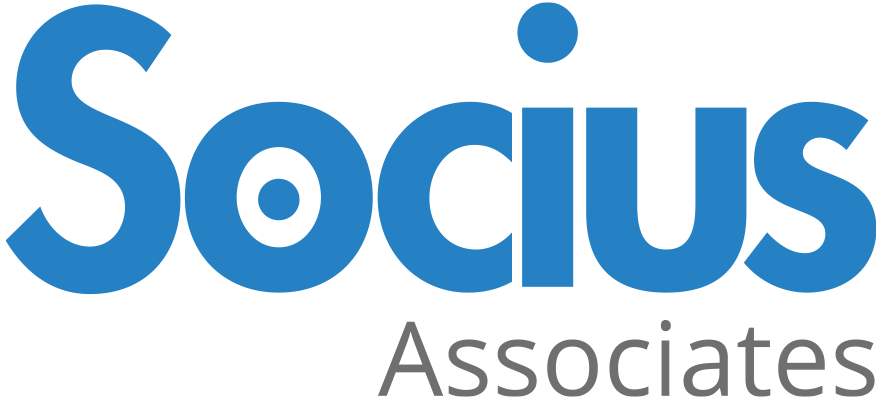Team coaching and facilitation are closely related disciplines. Are there any real differences between the two, and if so, what is helpful to bear in mind when deciding on one or the other?
A question of definition
The meaning of the term facilitation is often assumed to be understood. A look on the Association of Facilitators site for example leads to excellent content including a Code of Practice, but no definition is given. Elsewhere subject matter experts such as John Heron are quoted to describe the dimensions of facilitation or the styles of facilitation.
This is what I mean by facilitation:
Facilitation is aimed at helping participants to explore and develop with the help of a neutral outsider – the facilitator – who brings a structured approach to the process.
Team coaching is defined by Hawkins and Smith in their excellent book Coaching, Mentoring and Organizational Consultancy as:
“enabling a team to function at more than the sum of its parts, by clarifying its mission and improving its external and internal relationships.”
Team coaching or facilitation?
First let’s deal with the obvious difference: team coaching always concerns a team, whereas facilitation doesn’t necessarily – it can also be a group of people coming together for the purpose of the session alone. Examples are conferences or workshops.
Let’s consider a team to be a collective of people who not only share a common goal, but are co-dependent on each other to achieve it, and (are expected to) behave accordingly.
It’s true that it isn’t clear where team coaching ends and facilitation begins. Let’s start with some similarities:
Team coaching
- takes a structured approach to the session
- may use tools
- works to agreed objectives and desired outcomes
- requires a coach to participate
Facilitation
- takes a structured approach to the session
- may use tools in session
- works to agreed objectives and desired outcomes
- requires a facilitator to participate
The clue is in the role of the outsider guiding the session along: coach and facilitator. Let’s look at those a bit more.
A coach is a professional who is skilled at eliciting helpful and focused conversation with individuals or groups, including teams. Coaches may use different approaches and techniques to stimulate this conversation, including tools which are also used in facilitation. They may work as a one-off with a coachee or group, but usually have a relationship lasting over two or more sessions.
A facilitator is skilled in guiding group processes to allow helpful collaboration, such as meaningful conversations to take place. As with team coaching, sessions are designed and prepared in advance, to allow the effective use of tools and group activities in the available time. It is not uncommon for facilitators to deliver one-off sessions focused on a specific goal or objective.
The difference: frequency, focus and relationships
As the above implies, a key difference between team coaching and facilitation is in the frequency of sessions: team coaching usually involves more than one session.
A second difference is in the the aims of team coaching compared to facilitation: team coaching focuses on the team itself: its effectiveness, the barriers to success, how it functions and where it can use its strengths to maximise performance. It requires a different kind of participation from team members, who will be invited to evaluate their own part in the team’s success in various ways.
Facilitation very often focuses on specific aspects of a team’s role and responsibilities: the annual strategic review; target-setting or planning for the year ahead. Sessions can have a clear theme as well, such as leading change, and fit in seamlessly with a training or development programme.
A third difference is in the nature of the relationship between coach/facilitator and participants. The latter can more easily bring expertise into the session without undermining their relationship with the group, while a coach will try to avoid being seen as the expert so as to remain on an equal footing with the team.
One-off vs ongoing: a caveat
I don’t consider this to be a hard and fast rule, as I have both delivered one-off team coaching and ongoing facilitation. I always try to find out from clients whether the topics they need external support with are of an ongoing or unique or ‘seasonal’ nature. The way I will go about supporting a team will be quite different depending on the answer.



